A new in situ, personalized cancer vaccine captures molecules from growing tumors to activate the body’s immune cells against them.



A new in situ, personalized cancer vaccine captures molecules from growing tumors to activate the body’s immune cells against them.
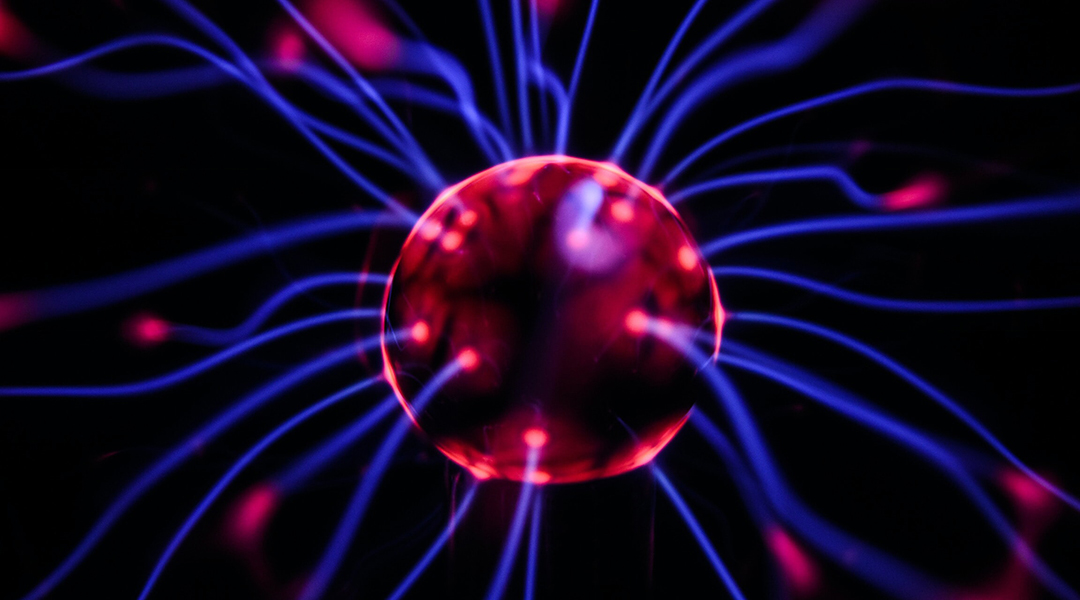
An AI made from plasma learns to play tic-tac-toe using varying and controllable mixtures of gases, in a major step forward.

A new electrochemical device produces high purity oxygen in situ, and researchers hope it might help curb the oxygen supply shortage.

Credited as one of the first computer scientists, Ada Lovelace saw the potential of computers a century before any were ever built.

Dengue and Zika take control of a protein responsible for body odor, but a simple treatment helps reverse the process.

Self-sensing materials will find a range of applications from tissue engineering to building lightweight aircraft.
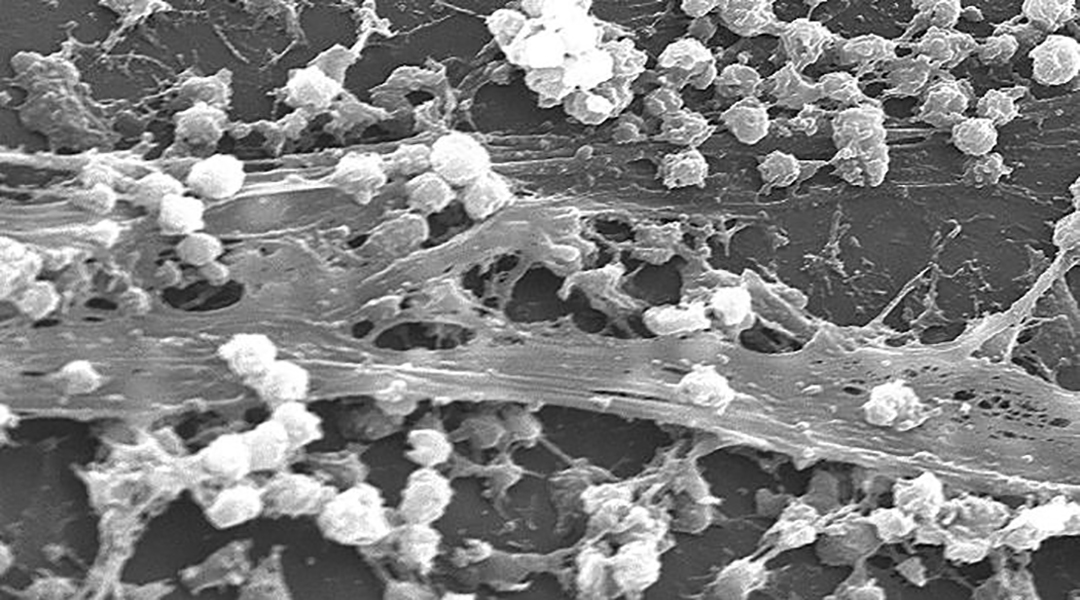
A new antibacterial surface treatment could help improve the safety of medical devices by minimizing the risk of infection during their use.
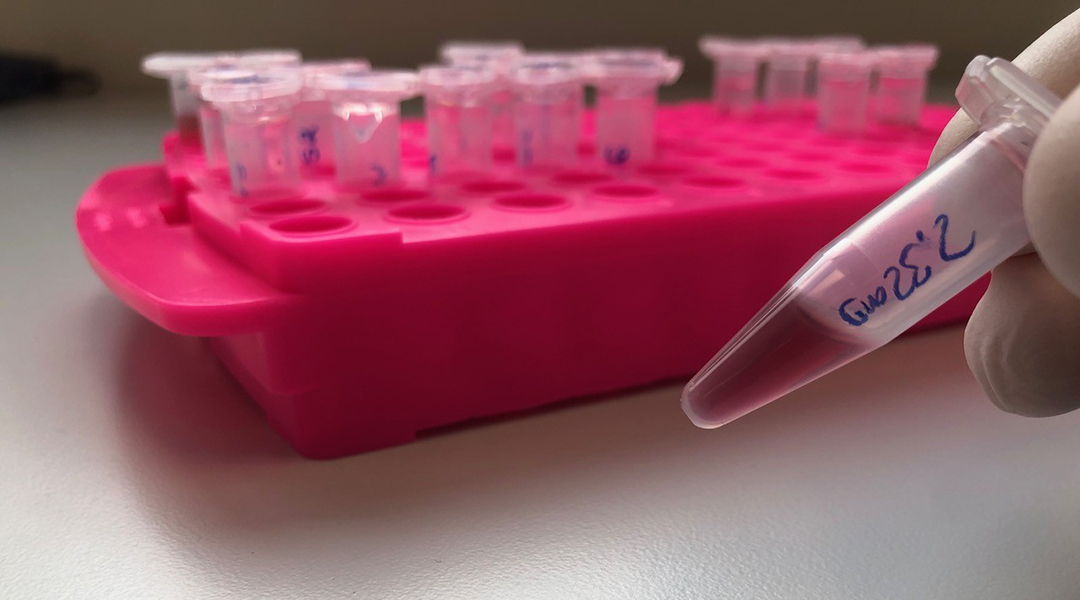
Polymer-based broad spectrum antivirals show activity against Zika, Ebola, HIV-1, the Herpes simplex virus, and now, SARS-CoV-2.
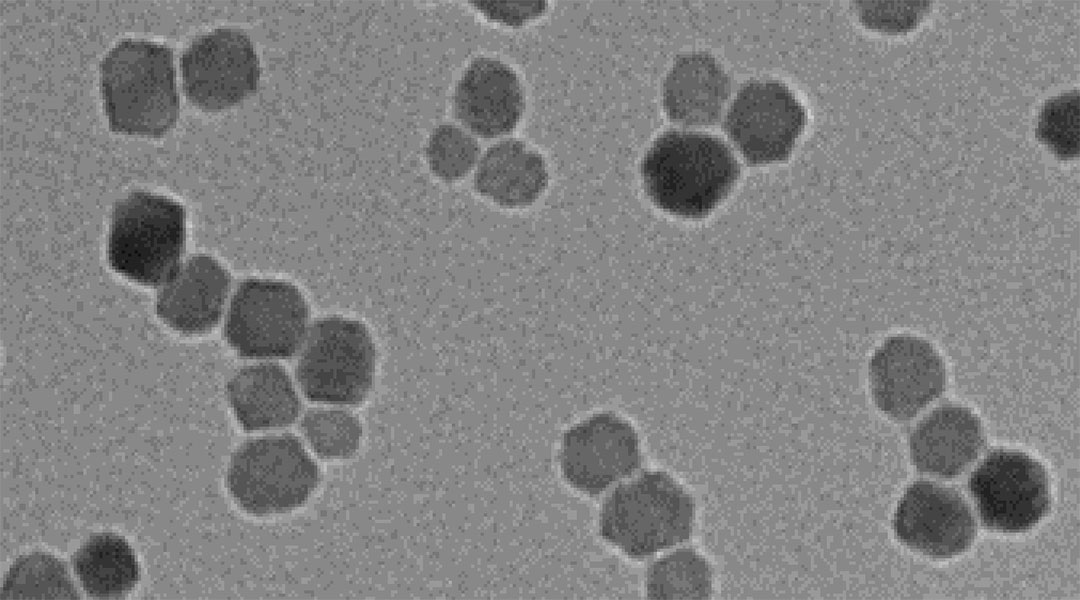
A non-surgical option for women who suffer from endometriosis, this nanoparticle therapy shows promising preliminary results.
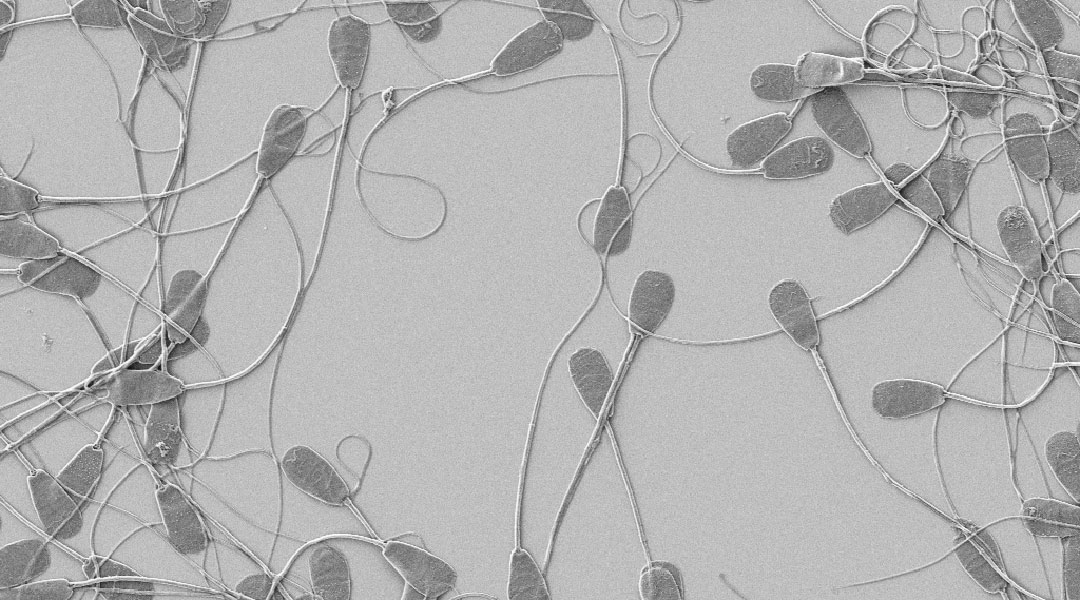
Copper’s ability to hinder the motility of sperm makes it an ideal contraceptive, and researchers have now formulated it into a spermicide.